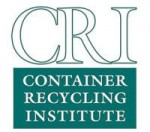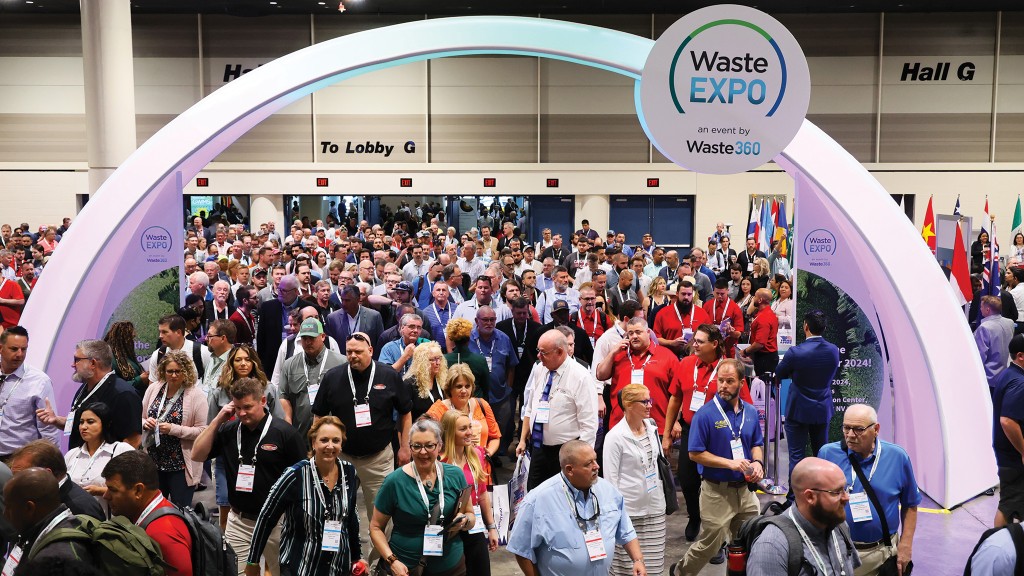Review of B.C’s container recycling system reveals strong results along with fee and transparency challenges
Container Recycling Institute new report looks at the environmental and economic performance of beverage container reuse and recycling
As it nears its half-century mark, the beverage container deposit-return system in British Columbia, Canada, remains the elder statesman of global recycling and extended producer responsibility programs, boasting a strong overall recovery rate of 84.2 percent. But a new study by the Container Recycling Institute (CRI) raises some concerns about the system, including unprecedentedly high container recycling fees, a lack of transparency in financial reporting and a bloated reserve fund.
CRI undertook the study, titled “The Environmental and Economic Performance of Beverage Container Reuse and Recycling in British Columbia, Canada,” to expand its body of research on best practices for the recovery and quality recycling of packaging materials, and to investigate recent increases in the province’s container recycling fees (CRFs), especially for glass containers.
With the passage of its Litter Act1 in 1970 (replaced in 1997 by the Beverage Container Stewardship Program Regulation), BC became the first jurisdiction in the world to establish a mandatory refund system for soft drink and beer containers.2 Today, its law applies a deposit (5, 10 or 20 cents) on the vast majority of packaged beverages sold in the province. It is one of the highest performing recycling programs of any type in the world because of its comprehensive coverage of beverage and container types, convenient return-to-retail and depot consumer return options, its very high collection rate, and its high use of refillable containers.
Responsibilities for the program are split between two private stewardship agencies, Encorp Pacific (Canada) and Brewers Distributor Ltd. Encorp oversees the container recovery system for all soft drinks, water and other non-alcoholic beverages, as well as all wine, spirits, beer and cider sold in non-refillable glass bottles. To cover program costs, Encorp charges consumers of these beverages a non-refundable container recycling fee (CRF). Encorp’s return rate has averaged roughly 80 percent for the past five years.
The other stewardship agency, Brewers Distributor Ltd., has responsibility for all beverage alcohol sold in cans in the province, as well as all beer and cider sold in refillable glass bottles. BDL, whose overall recovery rate has exceeded 92 percent for the past six years, boasts a near 100-percent recovery rate for its refillable containers, which are moreover reused an average of 15 times before being recycled. BDL embeds its program costs in the shelf price of its beverages and thus does not charge consumers an external recycling fee.
While CRI’s study acknowledges and liberally documents these achievements, it also uncovers several issues of concern:
- The combined costs for transportation and processing in BC are, on a per-container basis, more than twice as high as the equivalent line item in neighboring Alberta: 2.3 cents versus 1 cent. Transportation and processing costs in Encorp’s program exceeded $22 million in 2013, making this the agency’s second largest expense after the handling fees paid to collection depots and retailers.
- Encorp charges Canada’s highest CRF—35 cents—for glass bottles larger than one liter. This is three times the highest fee in any other province. Furthermore, Encorp charges more for non-alcohol beverage containers than alcohol containers under a cost-allocation practice that is highly unusual among stewardship agencies.
- The presentation of financial data in Encorp’s annual report makes it impossible to know exactly how much its beverage container program costs. The report does not provide sufficiently transparent financial information to the Ministry of Environment, the agency authorized to carry out BC’s recycling regulation, nor to the public. Moreover, Encorp’s CRFs are determined by Encorp with no approval required by the Ministry, leaving consumers no recourse to affect change if desired.
- As Encorp’s CRFs have been steadily rising, its reserve fund has grown far beyond the $17 million it has calculated as a “prudent” minimum. By the end of 2014, the reserve stood at nearly $34 million.
CRI’s report, which includes recommendations for these and other issues, is available for free on the CRI web site: www.container-recycling.org.
1The stated purpose of the Act was “to reduce the burden of litter control in our parks, wilderness areas, and on Crown land by making it mandatory that certain types of beverage containers shall be refundable if returned to the place of sale.”
2 The Act only specified the refund to the consumer. Specifically, it required “that retailers of beer and soft-drinks pay to consumers a refund for returning beverage containers to the point of sale.”



